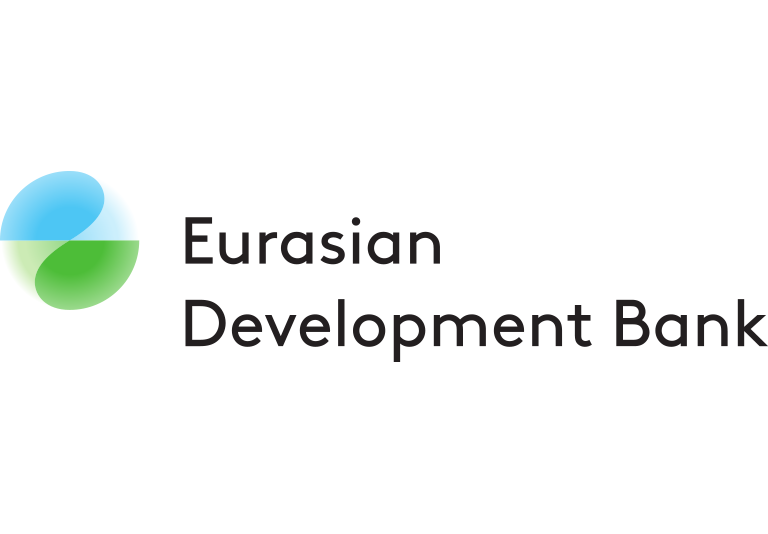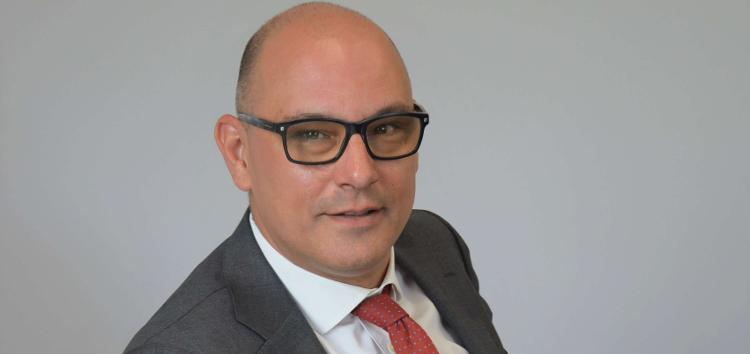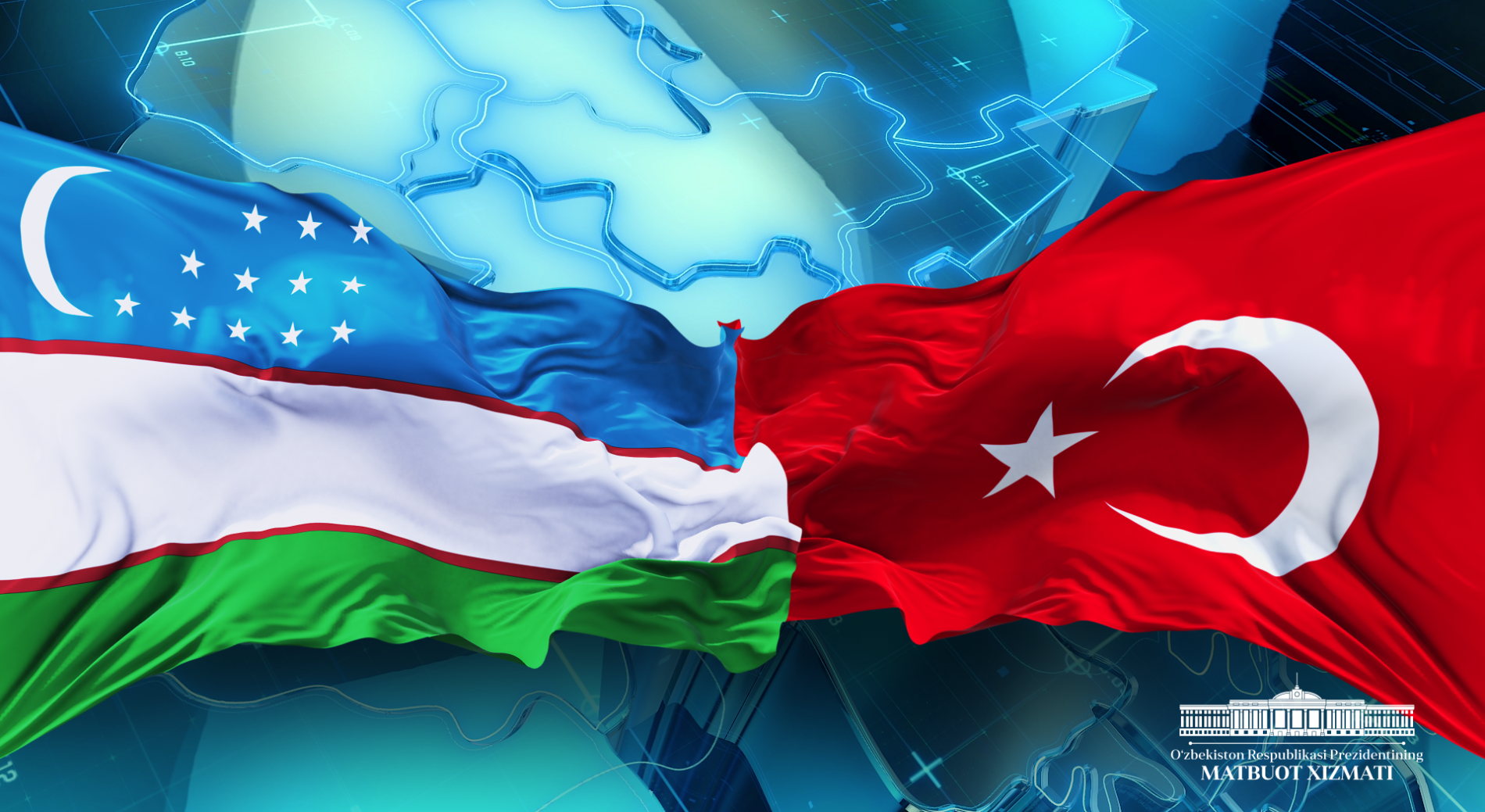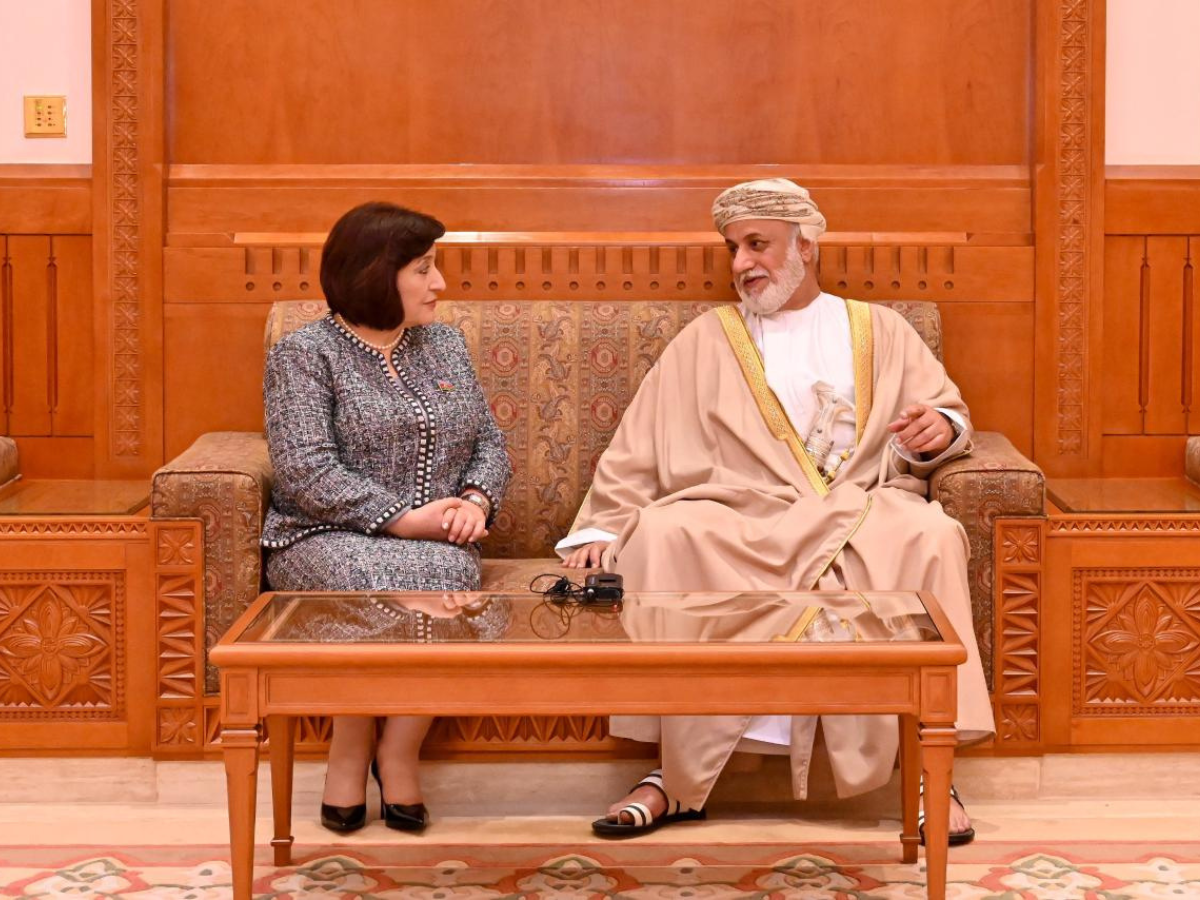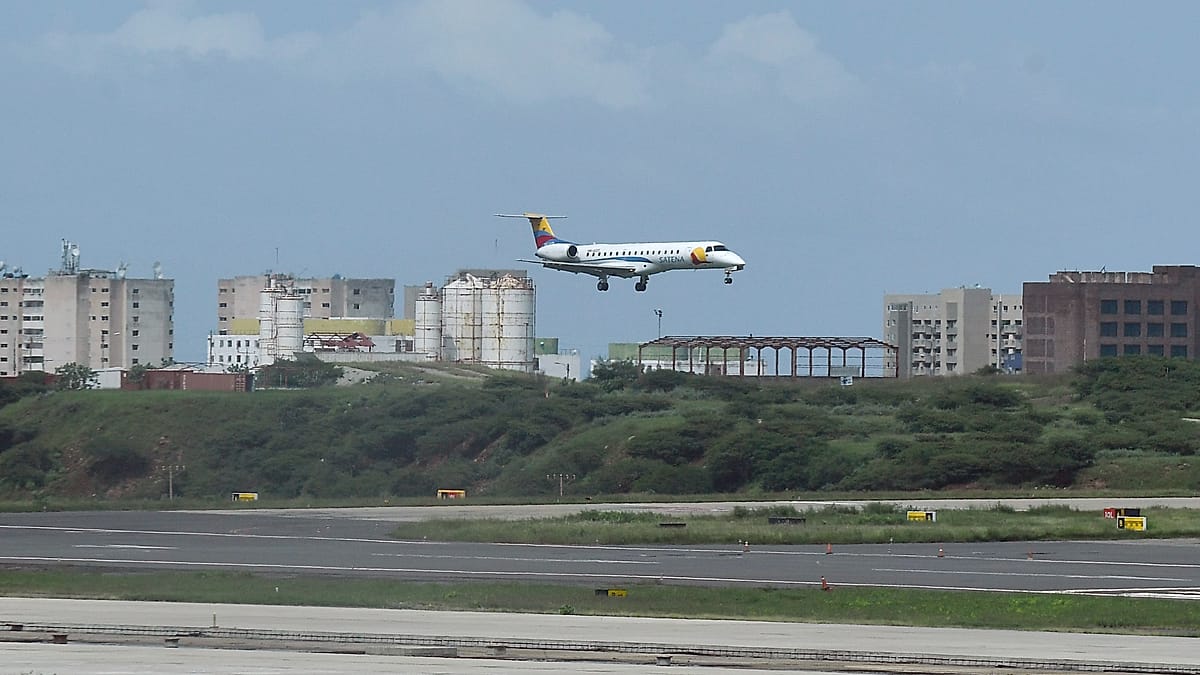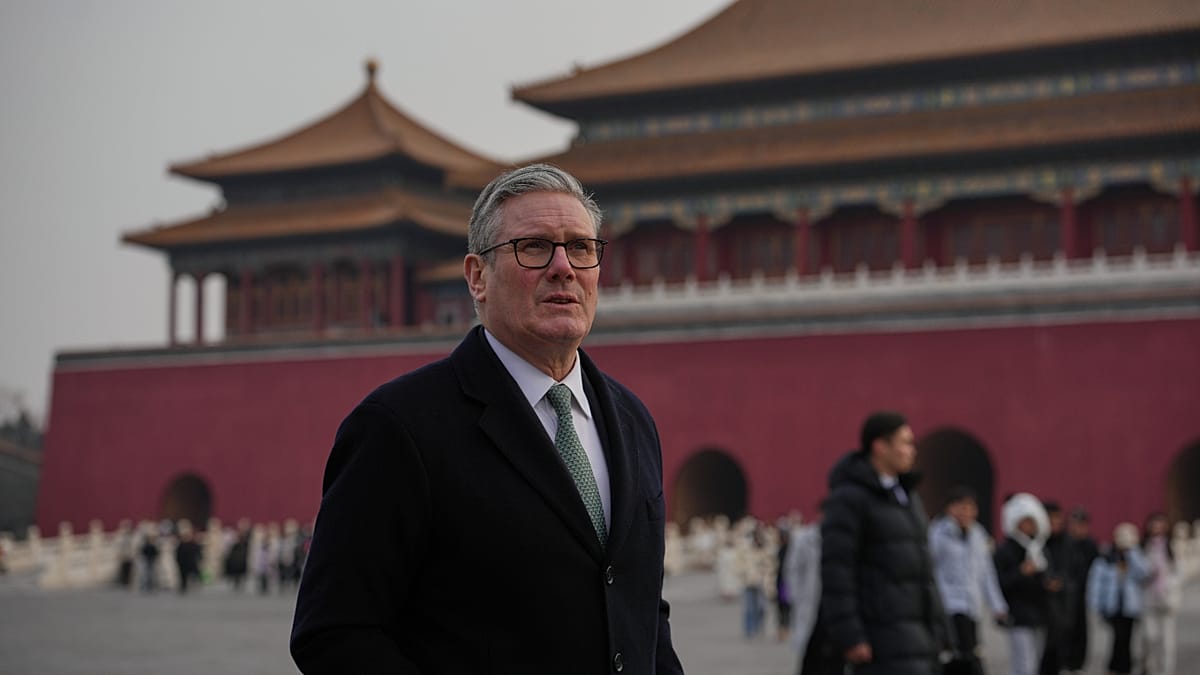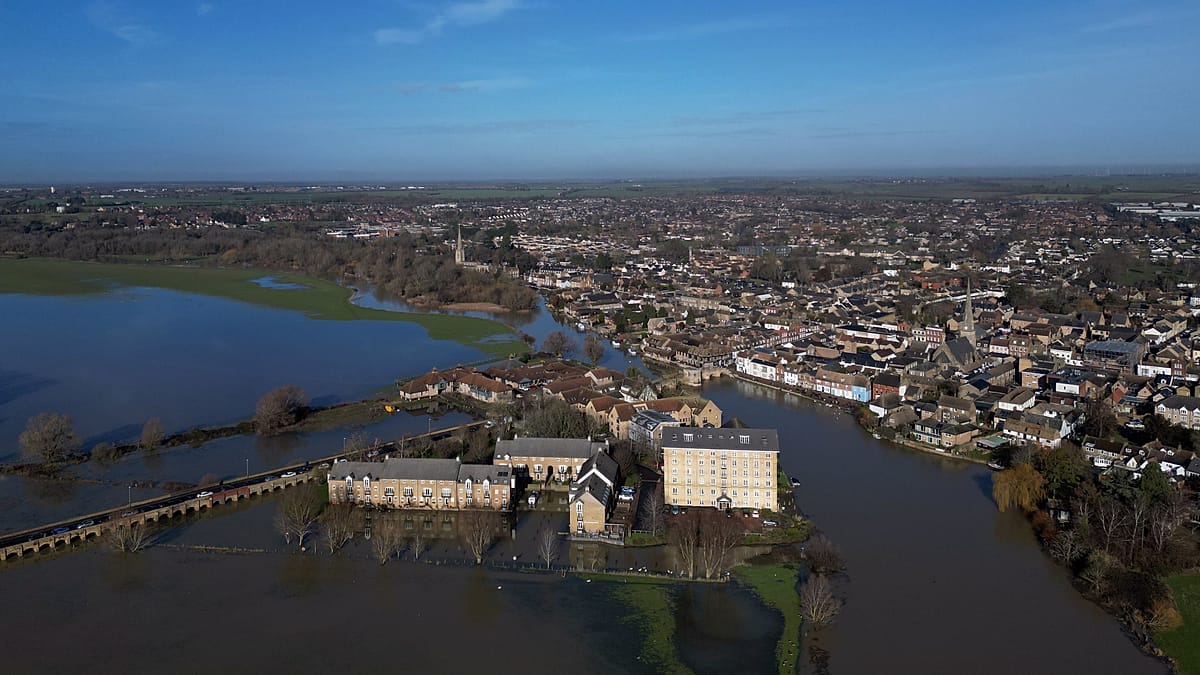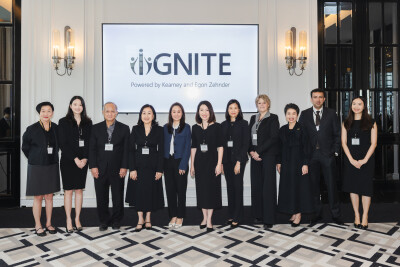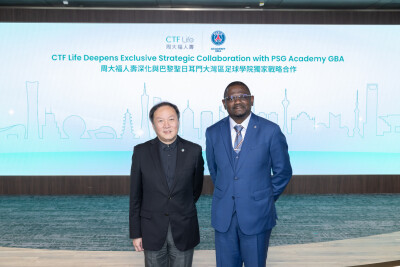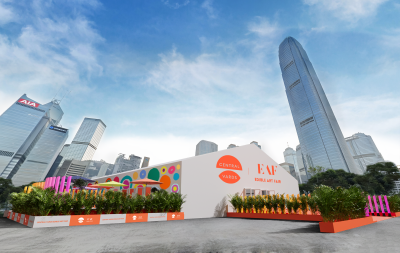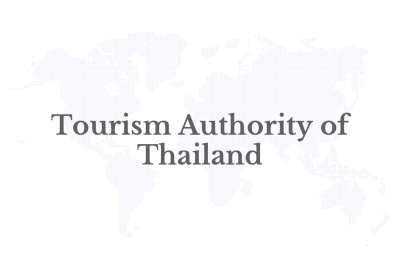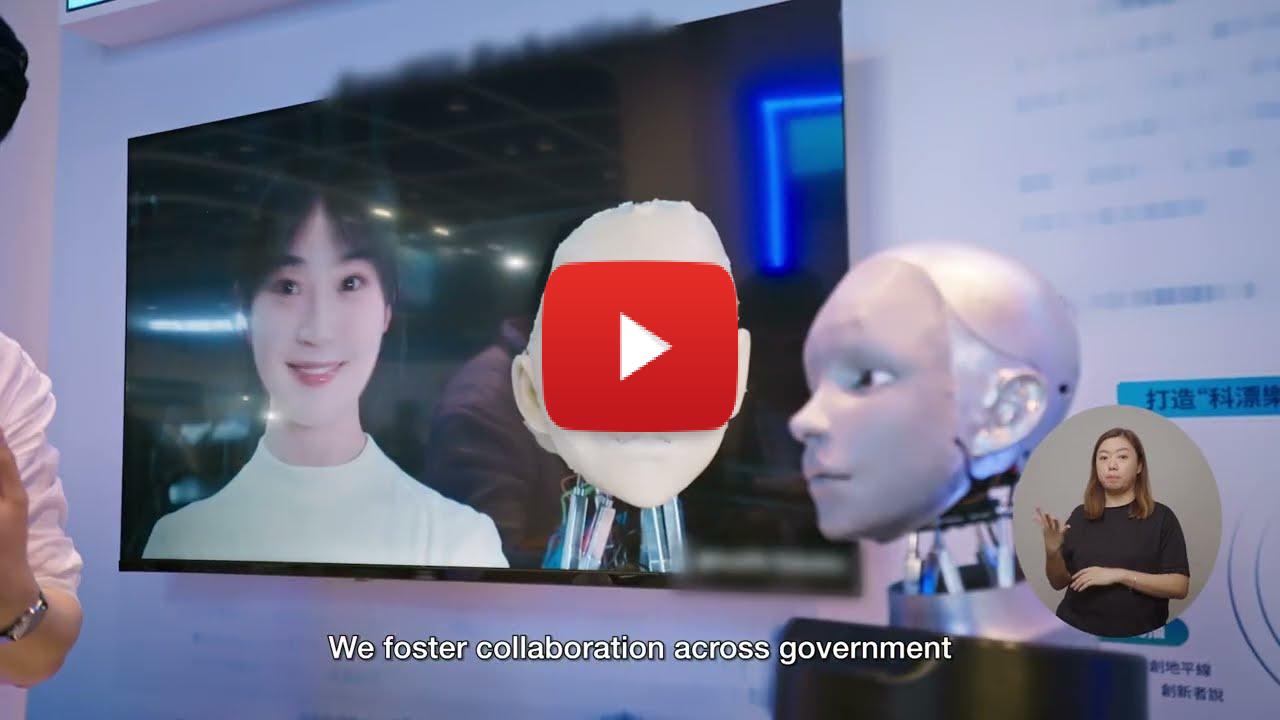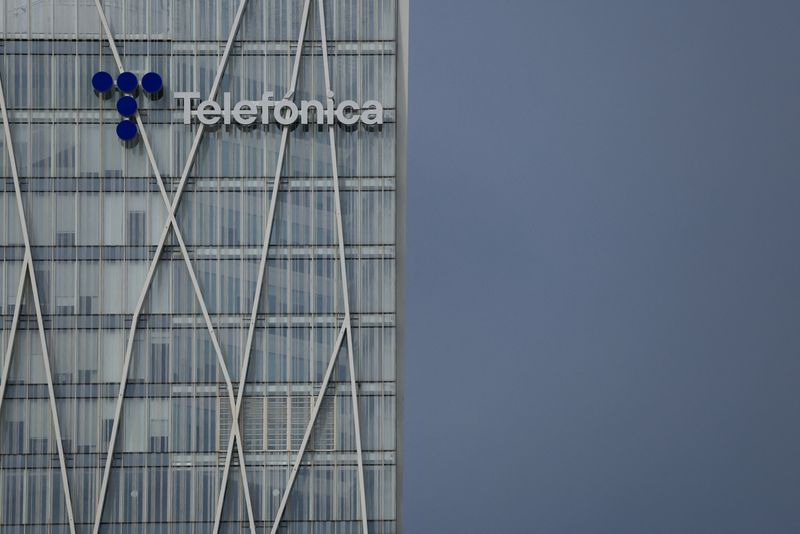Policy Address by Hong Kong SAR’s Chief Executive John Lee: Expediting the Northern Metropolis development to expand capacity for growth, innovation and talent


“The Northern Metropolis is the new engine for Hong Kong’s economic development and holds immense potential,” Mr Lee said.
To fast-track development and raise the level of decision‑making, the Chief Executive said he would establish the Committee on Development of the Northern Metropolis under his leadership.
“The committee will be tasked with streamlining administrative workflows and removing unnecessary barriers and restrictions,” Mr Lee said. Under the committee, three working groups will be set up:
– Working Group on Devising Development and Operation Models to formulate development and operation models for industry parks and devise a range of financing schemes
– Working Group on Planning and Construction of the University Town to study the development mode for the Northern Metropolis University Town
– Working Group on Planning and Development responsible for managing the end‑to‑end process from planning to implementation.
“We very much look forward to public-private partnerships,” said the Financial Secretary, Paul Chan, who will lead the Working Group on Devising Development and Operation Models. “I would say it would be an evolving process depending on the market interest as well as our implementation timetable.”
Dedicated legislation will be introduced to empower the Government to devise simplified statutory procedures for accelerating the development of the Northern Metropolis.
Within the Northern Metropolis, the San Tin Technopole, spanning some 210 hectares of land for innovation and technology (I&T), will serve as a strategic base for the I&T industry.
The Chief Executive said the Government will publish the Conceptual Outline of the Development Plan for the I&T Industry in the San Tin Technopole this year. It will cover top‑level planning, industry positioning and layout, the co‑ordinated development of land parcels, and the strategies for channelling market resources to invest in the development.
With the Northern Metropolis bordering the Chinese Mainland, it also fosters cross-boundary collaboration within the Hetao Shenzhen‑Hong Kong Science and Technology Innovation Co‑operation Zone, comprising Shenzhen Park and Hong Kong Park. “Leveraging the advantages of “one zone, two parks”, the Co‑operation Zone will promote collaboration between the two parks in the development of I&T,” Mr Lee said.
The Policy Address also outlined plans to build an international education hub by promoting the integrated development of education, technology and talents as a foundational and strategic pillar for progress in the new era.
“We will accelerate construction of the Northern Metropolis University Town, promote the ‘Study in Hong Kong’ brand, develop universities of applied sciences (UASs), and propel our city towards becoming an international hub for post‑secondary education and high‑calibre talents,” Mr Lee said.
With a distinctive competitive edge in post‑secondary education, Hong Kong is the only city worldwide that hosts five universities ranked among the world’s top 100. Universities in Hong Kong are highly popular, with a double‑digit year‑on‑year increase in the number of self‑financing non‑local applicants. As such, the Chief Executive announced that the number of non‑funded places for non‑local students to study in funded post-secondary institutions in Hong Kong on a self‑financing basis will be permitted to increase from the level currently equivalent to 40% of local student places to 50%. The Government will also earmark new sites (zoned as commercial or otherwise) this year for building new hostels, and will invite the market to submit expressions of interest.
The Secretary for Education, Dr Choi Yuk-lin, said in a press conference today (September 19) that the adjustment in enrolment ceiling for self-financing non-local students supports post-secondary institutions in expanding their scale, enhancing quality, fostering a more international and diverse campus environment, thereby further developing Hong Kong into an international hub for post-secondary education.
Furthermore, the Education Bureau will establish the Task Force on Study in Hong Kong, to step up the promotion of higher education in Hong Kong.
The Government will also forge ahead with building a competitive low‑altitude economy ecosystem, to propel Hong Kong as an Asia‑Pacific hub for innovative low‑altitude applications.
“We will formulate the Action Plan on Developing Low‑altitude Economy to advance Hong Kong as a major hub for low‑altitude applications through institutional innovations and technological breakthroughs,” Mr Lee said.
The Government will regularise the operation of more mature application scenarios, and roll out the advanced low‑altitude economy “Regulatory Sandbox X” pilot projects to cover application scenarios that are technically more complex, such as cross‑boundary routes and passenger‑carrying, low‑altitude aircraft.
“We will also promote the development of new industrialisation, press ahead with the low‑altitude economy, support people‑oriented scientific research, and facilitate leading I&T enterprises to establish a presence in our city,” Mr Lee added.
Hashtag: #hongkong #brandhongkong #policyaddress #growth #innovation #talent
![]() https://www.brandhk.gov.hk/
https://www.brandhk.gov.hk/![]() https://www.linkedin.com/company/brand-hong-kong/
https://www.linkedin.com/company/brand-hong-kong/![]() https://x.com/Brand_HK/
https://x.com/Brand_HK/![]() https://www.facebook.com/brandhk.isd
https://www.facebook.com/brandhk.isd![]() https://www.instagram.com/brandhongkong
https://www.instagram.com/brandhongkong
The issuer is solely responsible for the content of this announcement.
The post Policy Address by Hong Kong SAR’s Chief Executive John Lee: Expediting the Northern Metropolis development to expand capacity for growth, innovation and talent appeared first on European Business & Finance Magazine.

